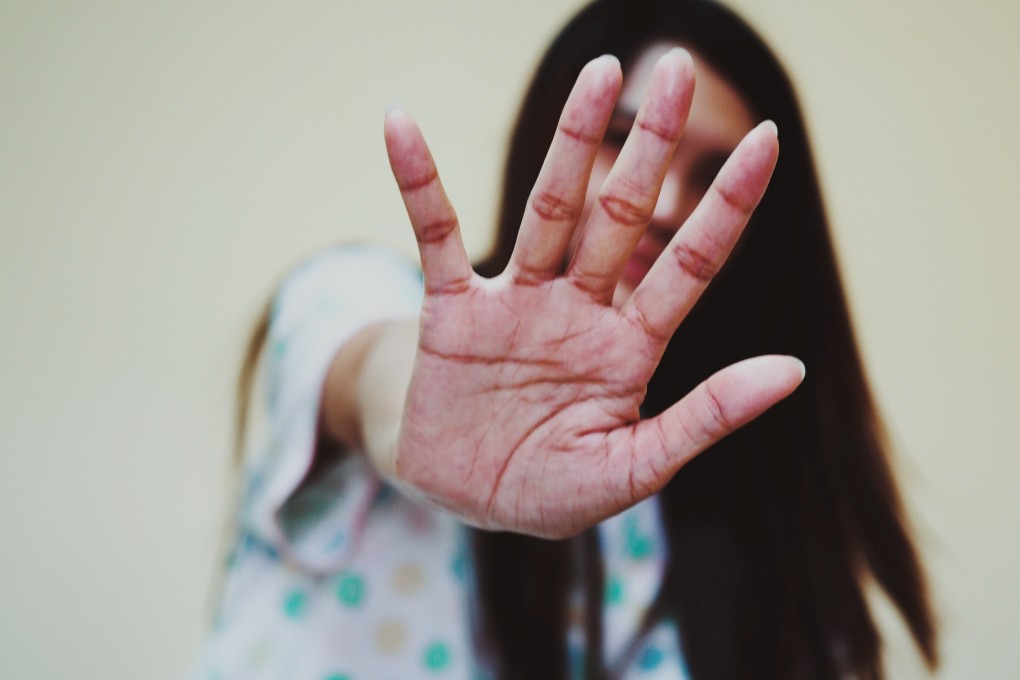China court upholds landmark #MeToo sexual harassment verdict
- Social worker is successful in court but says the personal and psychological cost of pursuing case has been enormous
- After verdict is upheld, highly regarded leader found to have harassed employee is stripped of award for previous good works

On July 1, the Wuhou District People’s Court in Chengdu maintained its 2019 ruling that Liu Meng, director general of a non-profit organisation in southwest China's Sichuan province, had to apologise to social worker “Xiaoli”.
Xiaoli, a pseudonym, sued Liu for sexual harassment in 2018. In a public letter, she said that when alone with him in 2015, he held on to her waist in a lingering hug. She protested loudly and struggled free. Later, she found that her other women colleagues had also been harassed which prompted her to step forward and file a lawsuit.
The court ruled last June that Liu’s actions overstepped boundaries, had obvious sexual suggestions and not only went against Xiaoli’s will, but also caused her mental stress.
It ruled that the act constituted sexual harassment and the court ordered that he issue an apology within 15 days.
Both parties appealed after the first verdict. Liu wanted the ruling revoked, while Xiaoli wanted compensation for her mental stress, and for the organisation, One Day For Social Service Centre, to be held accountable.